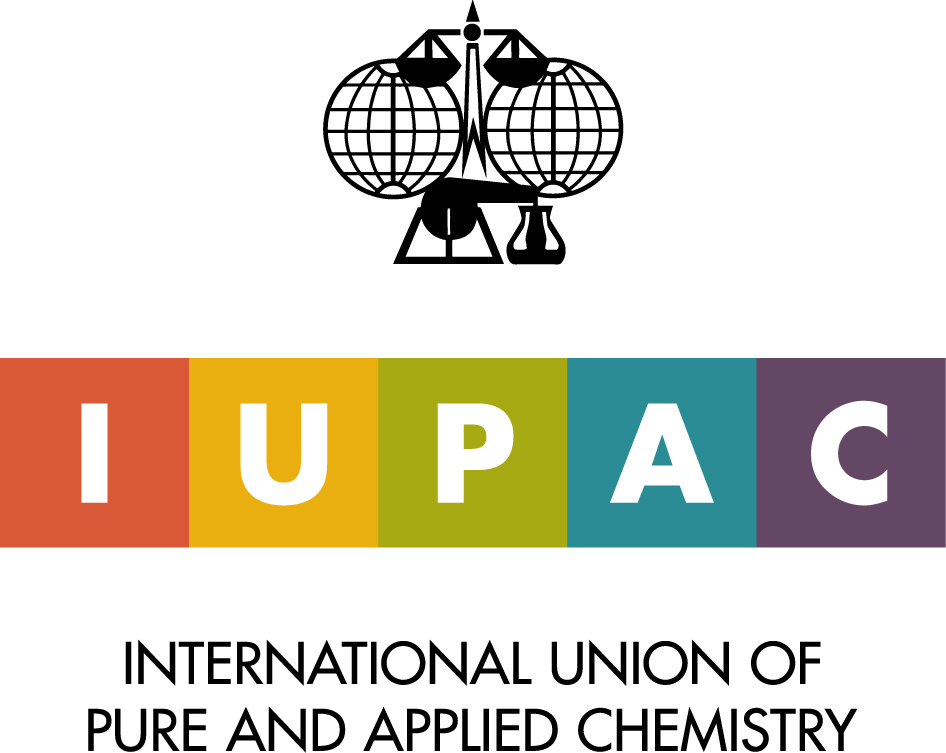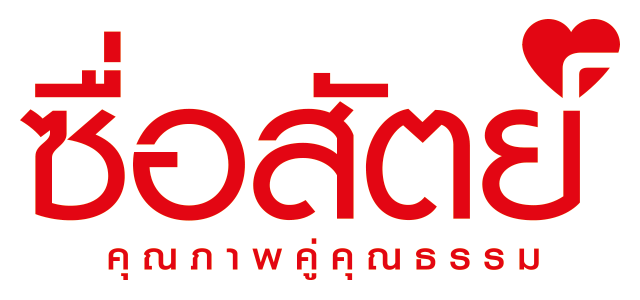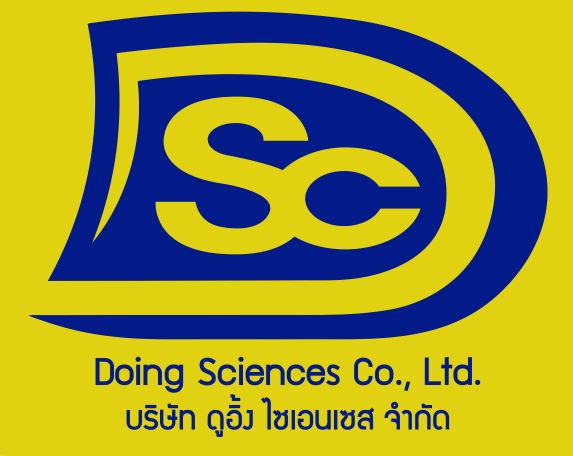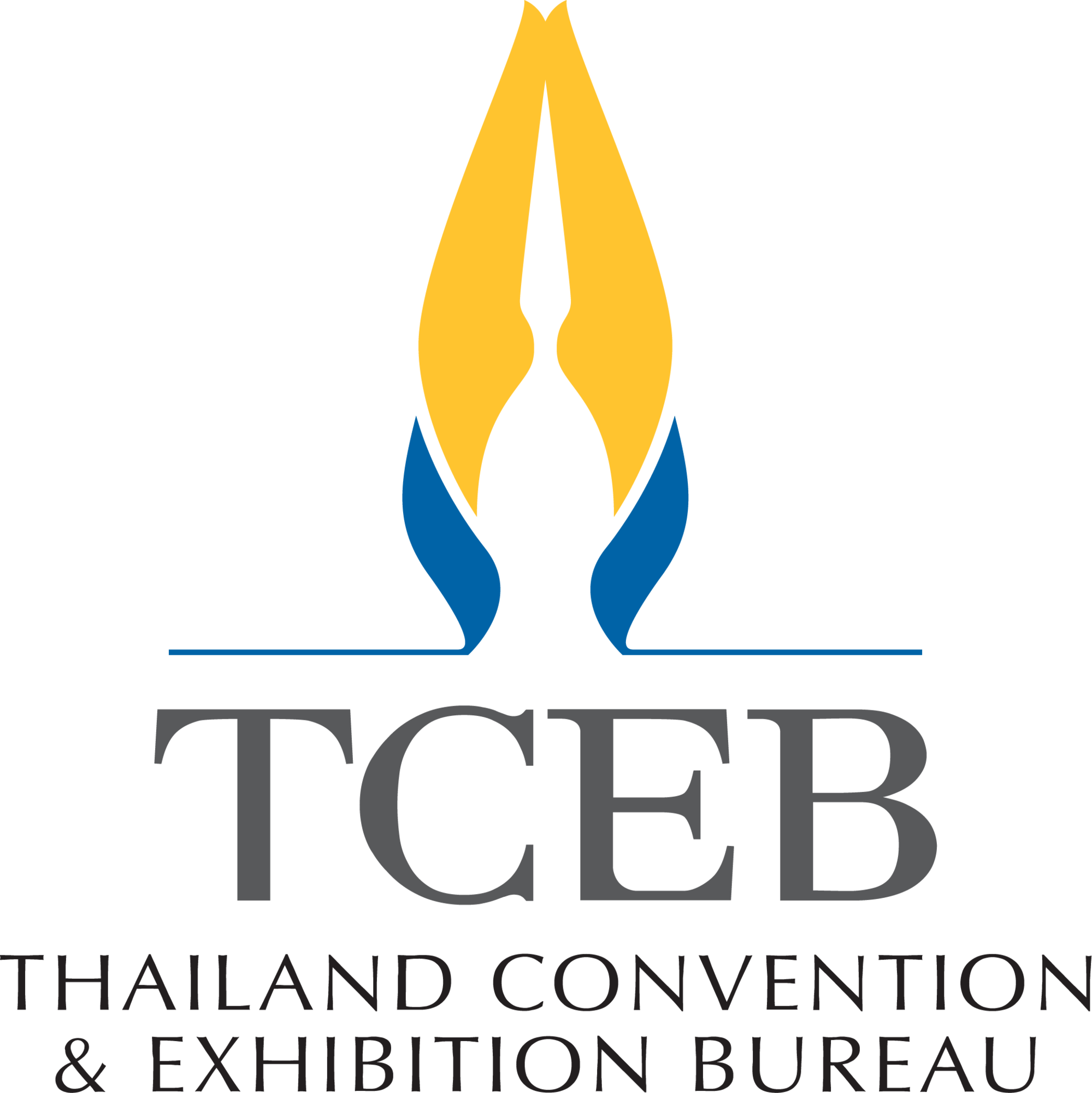Symposium
Symposia
Symposium A: The 12th International Symposium on Microscale Chemistry (12ISMC)
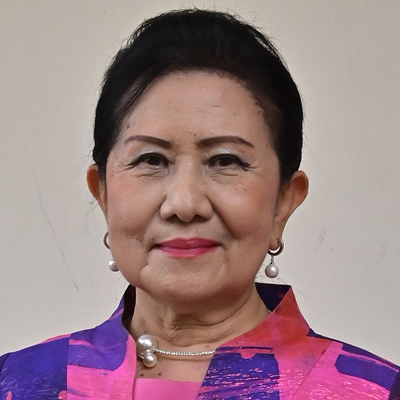
Chair: Supawan Tantayanon (Thailand)
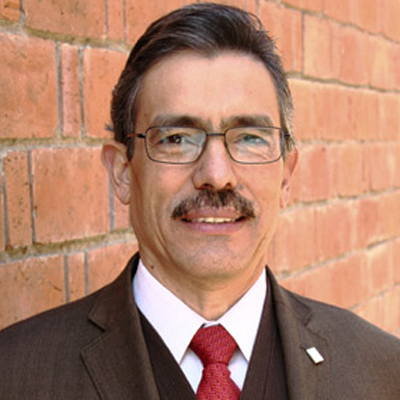
Co-Chair: Jorge G. Ibanez (Mexico)
Small-Scale Chemistry (Microscale Chemistry) has been at the heart of a revolution in the teaching of laboratories. It has shown numerous advantages from the environmental, economic, safety, time, social acceptance, accessibility, legal, storage, etc., perspectives. The previous eleven international symposia give account of its importance in the arsenal of environmentally-oriented strategies in varied chemistry areas. The celebration of the 12th International Symposium on Microscale Chemistry (12ISMC) to be held in Pattaya, Chonburi, Thailand in July 2024, in connection with the IUPAC 27th International Conference on Chemical Education (ICCE2024) will be a unique opportunity to share and discuss ideas related to this prominent approach. Besides the oral and poster presentations, several workshops are expected.
Agenda
15 July 2024
| 08:30 | Opening remark and awarding the outstanding contribution to microscale chemistry awardees |
| 09:10 | Keynote lecture by Jorge Ibanez |
| 09:40 | Special lectures by the awardees |
| 10:40 | Coffee Break |
| 11:00 | Oral presentation (up to 6 papers) |
| 12:40 | Lunch |
| 14:00 | Oral presentation (up to 6 papers) |
| 15:40 | Coffee Break |
| 16:00 | Opening ceremony of IUPAC ICCE2024 |
| 18:20 | Welcome Reception of IUPAC ICCE2024 |
| 21:00 | End of Day 1 |
16 July 2024
| 09:00 | Memorial Lectures
To pay tribute to exemplary pioneers in the field of microscale or small-scale chemistry for their remarkable career-long contributions. - The John Bradley Memorial Lecture, "John Bradley: World pioneer in Microscale Chemistry” by Marie Dutoit. - The Peter Schwarz Memorial Lecture, "Peter Schwarz: Do more with less" by Robert Worley. - The Victor Obendrauf Memorial Lecture, "Viktor Obendrauf: The creative genius at work" by Angela Kholer. |
| 10:40 | Coffee Break |
| 11:00 | Oral presentation (up to 6 papers) |
| 12:40 | Lunch |
| 14:00 | Microscale/Small Scale Chemistry Workshop |
| 15:40 | Coffee Break |
| 16:00 | Microscale/Small Scale Chemistry Workshop (continued) |
| 17:00 | Plenary Lecture |
| 17:40 | Poster session |
| 21:00 | End of poster session |
Symposium B: Modeling-Based instruction and assessment for chemistry education
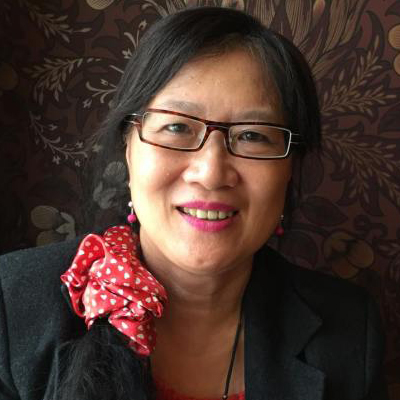
Chair: Mei-Hung Chiu (Taiwan)
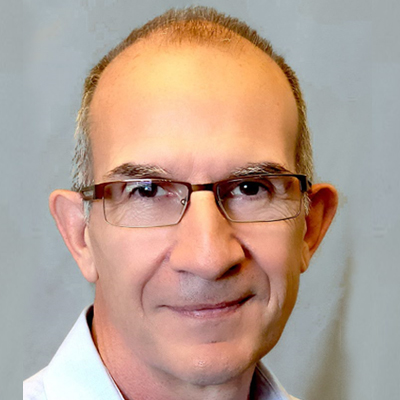
Co-Chair: Vicente Talanquer (USA)
Science is a process of constructing, describing, and explaining predictive conceptual models of natural phenomena. Research on understanding of the nature of models and modeling processes in science education has received a lot of attention in science education. Various model-based/modeling-based instructional strategies were developed and implemented to support students’ understanding of basic concepts of science, building connections among crosscutting ideas and applying scientific knowledge in science practice work. To develop students’ modeling competence is essential in science education, in particular, in chemistry education. In this symposium, it is designed to invite researchers to discuss what challenges and opportunities of implementing model-based/modeling-based instructional strategies and cultivating students’ modeling competence in school practices.
Symposium C: Connecting Competency-based Chemistry Education and the Challenge of Sustainable Development

Chair: Niwat Srisawasdi (Thailand)
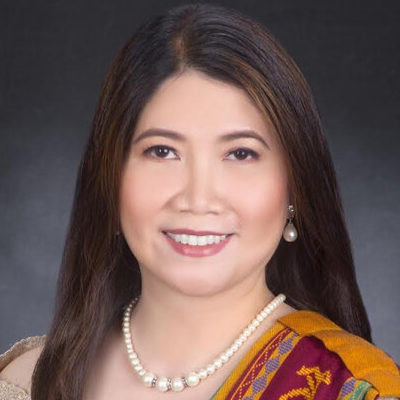
Co-Chair: Edwehna Elinore S. Paderna (Philippines)
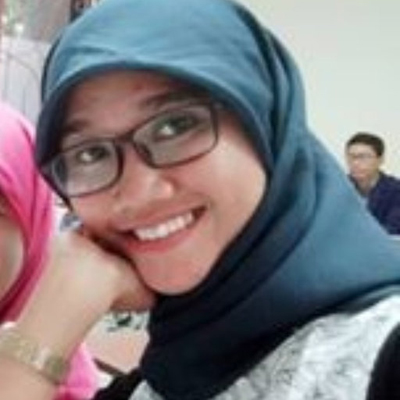
Co-Chair: Anggiyani Ratnaningtyas Eka Nugraheni (Indonesia)
Chemistry should prioritize sustainable development in addressing the current challenges confronting rapid change of Earth and societal systems. Consequently, chemistry educators should put more of their attention into rethinking their teaching strategies to promote sustainability-focused chemistry competency and chemistry curricula. There is an urgent need to transform chemistry education in order to educate future scientists for interdisciplinary collaborative work. This transformed chemistry education aims to solve global problems and to contribute solutions that will ensure a sustainable future. However, what does sustainability mean for chemistry educators and learners? How do we integrate competency-based education into school chemistry? These are very important issues that we need to address as these are today’s challenges. The linkage between competency-based chemistry education research and practice to industry, society, and the environment will be emphasized in this symposium.
Symposium D: Advancing Chemical Safety and Security Education
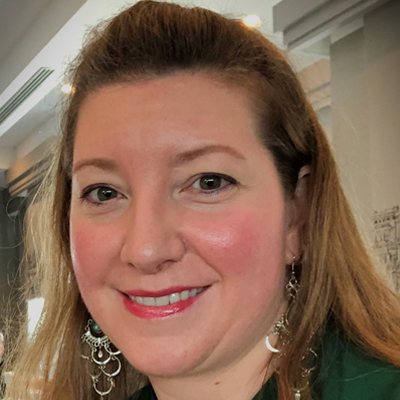
Chair: Christine M. Straut Langlinais (USA)
Chemical Safety can be simply described as protecting people from accidental exposure, whereas chemical security is protecting chemicals, equipment, or information from theft or deliberate misuse. Together these two concepts fall under chemical risk management (CRM), which is the process to identify, prioritize, and mitigate risks pertaining to chemicals, chemical processes, equipment, and information. The knowledge and skills in chemical safety and security (CSS) and CRM are necessary in the workforce, whether for academia, research, or industry. The role of academic institutions is to produce and prepare students to go into the workforce and therefore should be included in the education curriculum. Developing these skills in universities will also foster a strong, positive safety and security culture, and a commitment to responsible science. While many organizations have made improvements to the commitment of CSS education, more efforts are needed by the greater community to integrate these concepts in the chemistry curriculum.
Education and outreach that continues outside of academia is also critically important to build awareness in the community and strengthen knowledge and skills in the workforce. This symposium is designed to invite researchers, trainers, and educators from across the globe to discuss challenges, lessons-learned, and successes in developing instructional strategies and integrating CSS in the chemistry curriculum, employee training, and educational outreach in industry and the greater community.
Symposium E: (Joint Education and Industry Symposium)
Systems Thinking in Chemistry for Sustainability
Part 1: Education
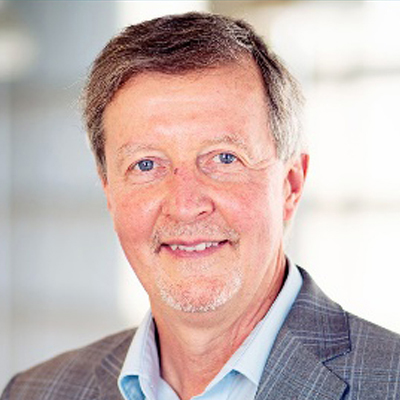
Co-Chairs: Prof. Peter Mahaffy
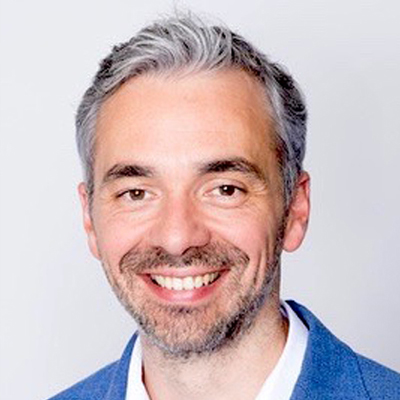
Co-Chairs: Dr. Seamus Delaney
Part 2: Industry

Co-Chairs: Prof. Stephen Matlin
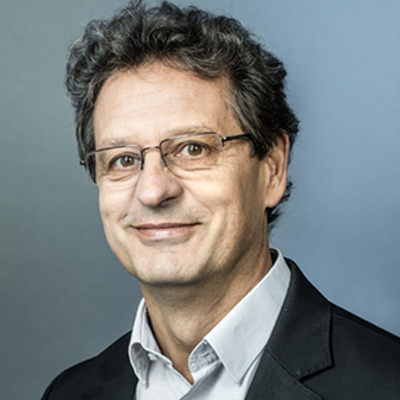
Co-Chairs: Dr. Régis Réau
Systems thinking is a holistic approach that focuses on how a system's constituent parts interrelate and how systems work over time and within the context of larger systems. In the last few years, chemistry has begun to embrace systems thinking, expanding its approach to sustainable development beyond the borders of green, sustainable, and circular chemistry. The IUPAC projects Systems Thinking in Chemistry for Sustainability: Toward 2030 and Beyond (STCS 2030+, 2020-2024) and Systems Thinking in Chemistry Education (2017-2019), co-supported by the International Organization for Chemical Sciences in Development, recognize that systems thinking is a vital tool to assist chemistry to make connections with Earth and societal systems. The projects have demonstrated a positive impact on strengthening chemistry as a sustainability science, by incorporating systems thinking as a fundamentally important approach to support integrating human needs and science in the service of planetary sustainability.
This symposium has two parts: The first focuses on new directions in systems thinking in chemistry education, and the second on systems thinking in industry. A group of speakers with experience in education and industry will present their perspectives and engage in discussion with the audience, in a panel discussion, focusing on how chemists in education, research and industry can contribute to sustainability.
This joint symposium invites education- and industry-based practitioners to share experience and perspectives with the global chemistry community.
Symposium F: Green and sustainable chemistry in the chemistry curriculum: Advances and models
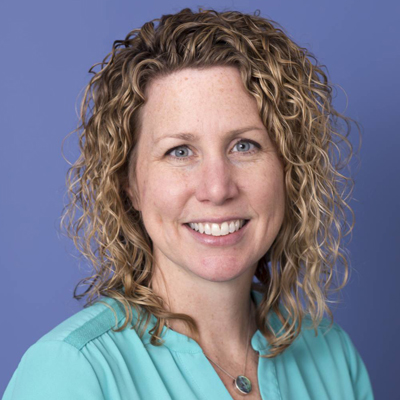
Organizers: Dr. Amy S. Cannon
Executive Director and Co-Founder, Beyond Benign, USA
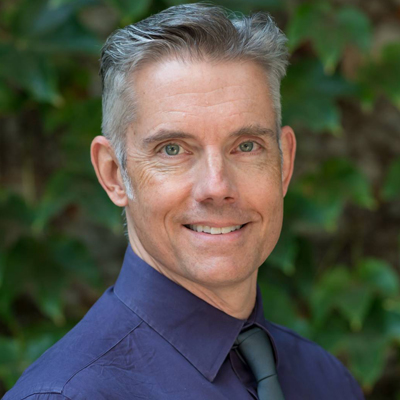
Organizers: Dr. David A. Laviska
Portfolio Manager for Green Chemistry & Sustainability in Education, ACS Green Chemistry Institute, USA
As part of the global effort to address the United Nations Sustainable Development Goals, chemists have identified a critical need to design and produce more sustainable chemical products and processes. To do this, our education systems must shift to better prepare students to be capable of designing and selecting more sustainable chemicals. Green chemistry is a widely recognized approach for minimizing impacts through chemistry and has proven to be an effective scaffold for engaging students and teaching fundamental chemistry concepts. This symposium will focus on new advances in bringing green chemistry and sustainable chemistry into chemistry curricula, responding to the growing demand for students trained with knowledge and skills in these areas. Laboratory exercises, lesson plans, and curriculum modules will be highlighted to showcase examples of innovative curricular reforms in chemistry instruction at the secondary school through university levels.





